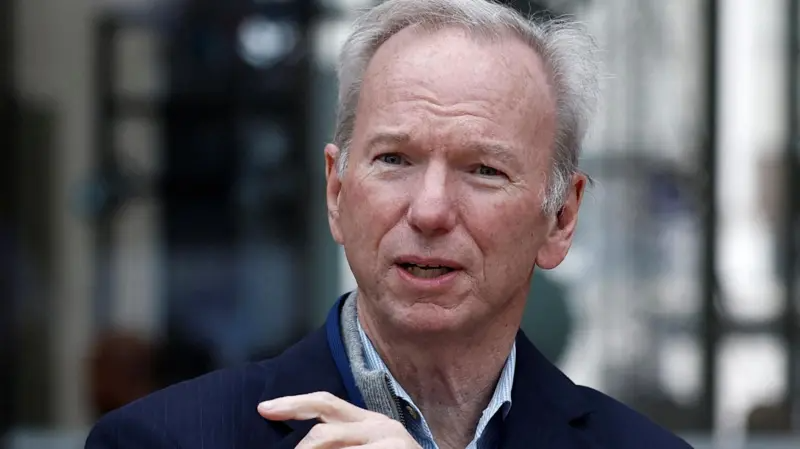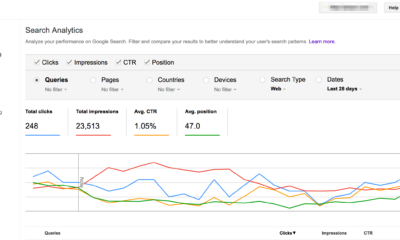News
Former Google CEO Eric Schmidt warns AI can be misused ‘in the wrong hands’

Eric Schmidt, the former CEO of Google, has expressed deep concerns about the potential misuse of artificial intelligence (AI) by rogue states or terrorist groups, warning that the technology could be used to cause “extreme risk” to innocent people. Speaking to the BBC, Schmidt highlighted that AI, in the wrong hands, could lead to catastrophic consequences, such as the creation of biological weapons.
Schmidt, who held senior roles at Google from 2001 to 2017, stressed that countries like North Korea, Iran, and Russia could leverage AI for malicious purposes. “Think about North Korea, or Iran, or even Russia, who have some evil goal,” Schmidt told the BBC’s Today programme. “This technology is fast enough for them to adopt that they could misuse it and do real harm.”
The tech billionaire raised concerns about the rapid pace at which AI is advancing, noting that it could be used by nefarious actors to create devastating biological attacks. Schmidt invoked the name of Osama Bin Laden, recalling the 9/11 attacks as an example of how a malicious individual could exploit modern technologies for evil purposes.
In addition to these risks, Schmidt called for increased government oversight of AI development. He expressed support for the U.S. export controls on microchips, which are crucial for the development of advanced AI systems, following a decision by the Biden administration to limit the export of such chips to certain countries, including China, to slow down adversaries’ progress in AI research. While Schmidt supports regulatory measures, he warned that excessive regulation could hinder innovation. “The truth is that AI and the future is largely going to be built by private companies,” he explained. “It’s really important that governments understand what we’re doing and keep their eye on us.”
Schmidt’s remarks come as world leaders, including those from the U.S. and the UK, declined to sign an AI regulation agreement at the AI Action Summit in Paris, with some arguing that too much regulation could stifle the growth of the AI industry. Schmidt expressed concern that Europe’s strict regulatory environment could result in a missed opportunity for the continent, stating that the AI revolution, which he compares to the impact of electricity, may not be led from Europe.
In addition to his concerns about AI, Schmidt also voiced his opinions on the effects of smartphones on children. He supported initiatives to limit smartphone usage in schools and raised alarms about the impact of social media on young people. Schmidt has advocated for a ban on social media for children under 16, arguing that the potential harms of unchecked smartphone usage far outweigh the benefits.
-

 Domains6 years ago
Domains6 years ago8 best domain flipping platforms
-

 Business5 years ago
Business5 years ago8 Best Digital Marketing Books to Read in 2020
-

 How To's6 years ago
How To's6 years agoHow to register for Amazon Affiliate program
-

 How To's6 years ago
How To's6 years agoHow to submit your website’s sitemap to Google Search Console
-

 Domains5 years ago
Domains5 years agoNew 18 end user domain name sales have taken place
-

 Business5 years ago
Business5 years agoBest Work From Home Business Ideas
-

 How To's5 years ago
How To's5 years ago3 Best Strategies to Increase Your Profits With Google Ads
-

 Domains5 years ago
Domains5 years agoCrypto companies continue their venture to buy domains








